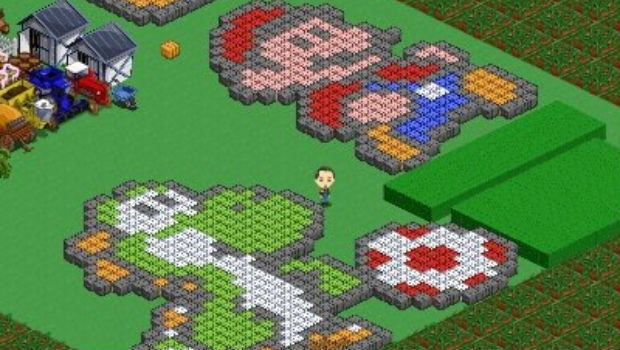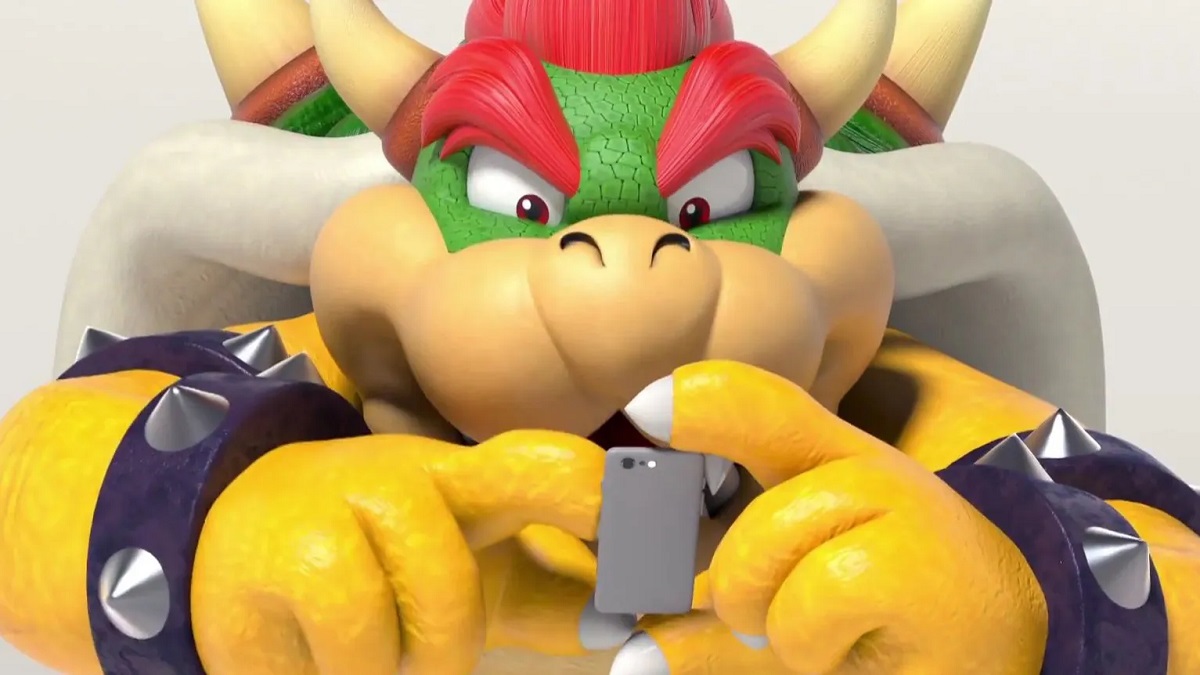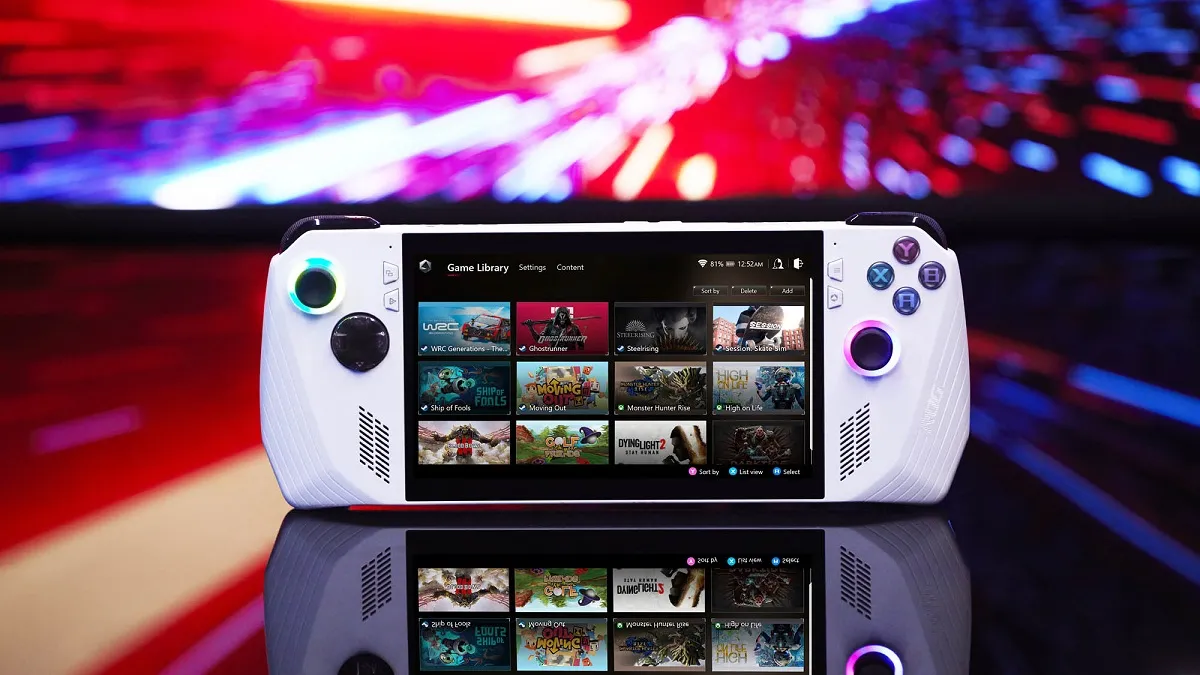The names Brenda Brathwaite, Brian Reynolds, Noah Falstein and Steve Meretzky may not be instantly recognizable, but their gamemaking pedigrees are more than enough proof of their service to core gamers. Meretzky created, among other things, the Hitchiker’s Guide to the Galaxy computer game alongside Douglas Adams. Brathwaite started her career in the videogame industry by working on the Wizardry series. Reynolds worked with Sid Meyer on the Civilization series, and Falstein was one of the earliest team members at Lucasfilm Games (now LucasArts).
People like these are the ones you would least expect to have hopped onto the Facebook game train, but during this GDC panel, they took the time to explain why they’ve done exactly that. Hit the jump for a summary of their talk; their motives may suprise you.
To begin with, each panelist introduced themselves and took a moment to explain their personal reasons for moving to social game development. As mentioned before the fold, each one came from completely different areas of the industry, but they all had one thing in common: after decades of creating videogames, they felt that things were headed in a bad direction. The small development teams they started out in grew so large that they began to feel detached from their jobs. The bigger budgets of today’s games were a problem as well. “When you risk that kind of money, no one wants to make risky gameplay,” said Falstien, which of course has lead to the same types of games being made over and over.
These guys wanted to break out, and as strange as it sounds, they all gravitated toward making games akin to Farmville and Mafia Wars. Why? Because they saw in them the freedom they had back in the ’80s. Social games generally have small budgets and no established boundaries. You have to devise game mechanics that are light and work with the social aspects of the game, but otherwise, a social game can be whatever a developer wants it to be. In many aspects, these old school developers want to use the social gaming movement much like younger developers are using the indie and art game movements.
In order to make a good social game, one has to recalibrate the way that they design, not only to adapt to thousands of players instead of just a few, but in targeting their largely non-gamer audience. All four panelists seemed to agree that all of the new challenges social games have manufactured for them have made game development fun for them again.
Social games also have mass market appeal, which is pretty obvious when you look at how many people play Facebook games every day. While the everyday gamer may see this as a bad thing, those who make the games we play have always been searching for a way to reach a wider audience.
Though these games currently feel a bit shallow to many people, a few of the panelists believe that they will eventually evolve into more meaningful experiences. The others are not quite convinced they will move in that direction because of the issue of complexity: non-gamers are almost always turned off to a game if it asks too much of them. There is a balance that social game developers haven’t quite found yet, but according to the panelists, the search is part of the fun.
Brathwaite then brings up the biggest issue surrounding social games: clones. It seems that every Facebook app is a copy of another, but the panelists all agreed that things are not as bad as they seem. They pointed out that this genre of games is only about two and a half years old. A lot of developers want to make a profit, but don’t necessarily know how to make a social game yet, which is where making a clone game can become very appealing (at least, to the developer). There is a lot of copying in the world of social games, but they reminded the audience that there is also a lot of innovation going on — the same could be said for any other type of game.
At this point, their hour was running low, so they opened the floor for audience questions. The first one wanted them to expand on complexity, and how they could keep a player coming back without it. To this, the panelists replied that games are capable of depth that isn’t complexity. But, again, it’s a hard balance to strike. Adding very simple new things to a game is how most social games do it, but even that can make a game too heavy. It’s all about making new things available to the player on a regular basis, but not forcing them to explore them.
The next audience member asked what the panelists meant by the “meaningful play” they hoped social games would someday have. Their answer was simply, “More social interaction.” Current social games are just single player games with a sprinkling of social elements, and they all believe that there is so much more to be done in that aspect.
The next question was, “What do you guys bring to social gaming? Why hire you instead of some 20 year old who can make clone games?” The panelists chuckled and explained. Spending their whole lives making games, they are more than used to having platforms pulled from beneath them. They have had decades of experience dealing with change, and because social games are still in a transitional phase, people like themselves are the best candidates to make them.
“What can we do to make our company more attractive to gamemakers who aren’t into social games?” another person asked. The panelists admitted that some people don’t feel like they can be as influential making social games as they would making games for core gamers.Unfortunately, they couldn’t really help the young man with that, but Falstein ended the talk with one last thought: “This is the most exciting time for games. You may not know it yet, but social games are just one of many ways gaming is opening up. It’s a good time to be a developer.”




